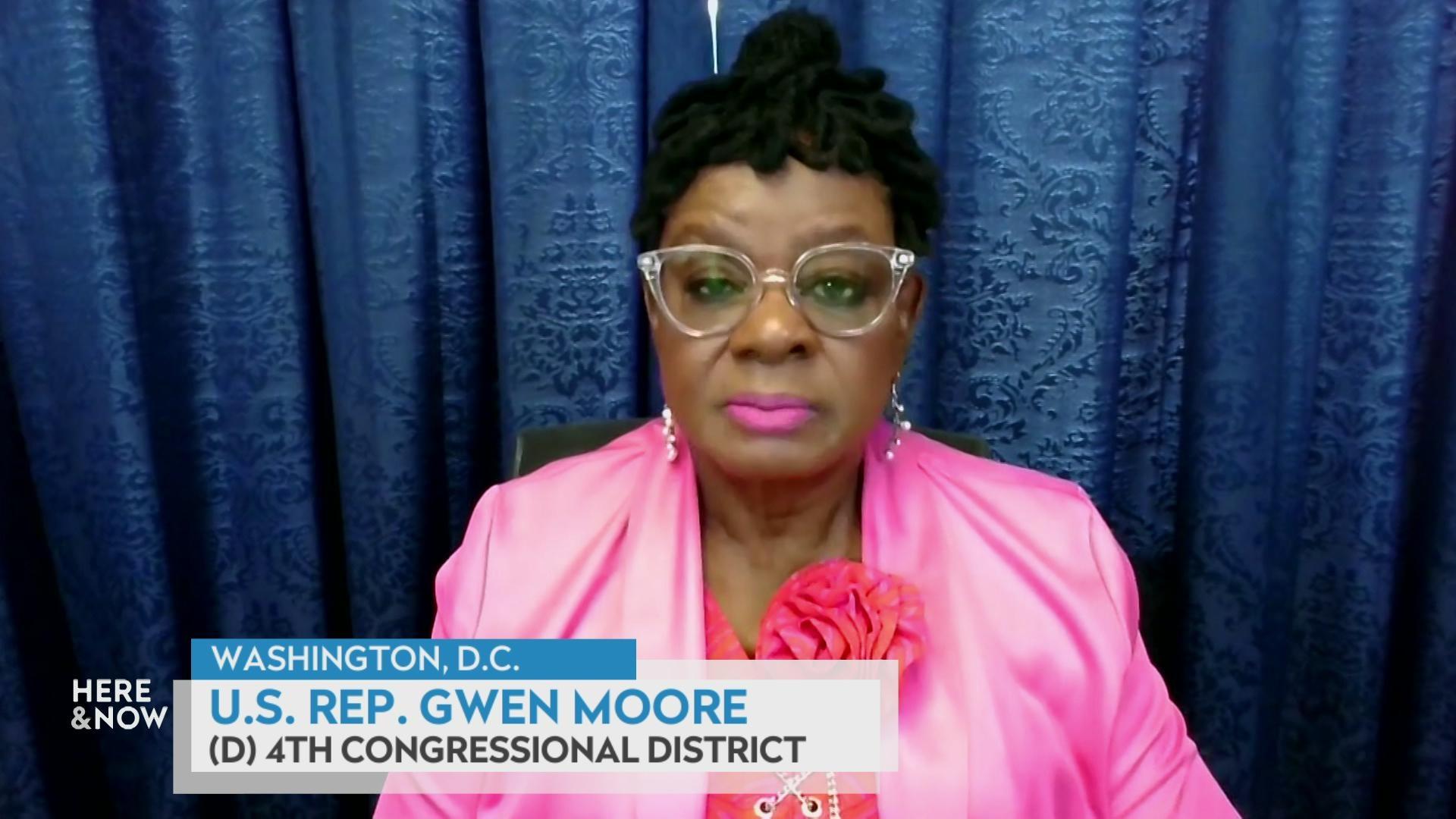Ryan Gorman on the shifting stigma of drug use and treatment
Community Medical Services clinic manager and substance abuse counselor Ryan Gorman describes impacts of a growing number of drug overdoses caused by fentanyl and other substances in suburban areas.
By Zac Schultz | Here & Now
May 2, 2023
VIDEO TRANSCRIPT
Zac Schultz:
The social stigma surrounding drug use and treating people seems to have been shifting over the last few years.
Ryan Gorman:
Yeah, yeah.
Zac Schultz:
Has that made an impact, and if it has, then why are we seeing an increase in overdose at the same time?
Ryan Gorman:
Yeah, the increase, I can't say without getting overly political. The supply is tainted, and it's not getting better. The prevalence of actual heroin is almost nonexistent from what we see, urinalysis and just word on the street. It just doesn't exist anymore. So the presence of fentanyl and then fentanyl being adulterated with even more complicating substances being added to that, I think that's what's responsible for the sharp increase in overdoses. And there is a reduction in stigma, you know, especially as it eked out into the suburbs. People are much more inclined to to pay attention, right, if it's their neighbor's kid or, which is cynical but true. So stigma has been lessened recently especially, not to the degree that people are as outraged as we are necessarily, but yeah, it's helping in that I think it's starting to pull down barriers to treatment. People who wish to seek treatment are more able to. Those barriers are being lessened, so yeah.
Zac Schultz:
That's an interesting point you made, and we don't wanna take this too political, but we're in Pewaukee, and it's not hard to think that 15, 20 years ago, like, no one would imagine this clinic was needed here. This was a there problem.
Ryan Gorman:
Correct, correct.
Zac Schultz:
So what has led to this clinic being here, and how is it being perceived being here?
Ryan Gorman:
Yeah, well, that part I can't comment on. We're not open yet, and we haven't engaged in, like, residents of this area. I haven't, anyway, so I don't know how they feel about it. I would imagine that it would not be here if they had strong feelings against it. But why is it in Pewaukee, why is it in, you know, Madison, why is it anywhere is because of what I said, right? That it's eked out into the suburbs. People can't hide from the reality of it anymore. And I think people attribute the rise in overdoses in the suburbs to their suddenly being opioids here, and that's not my experience, right? I grew up in the suburbs, and they've always been there. They're just more dangerous, right? So people are aware that people are using because people are dying, so it becomes more necessary to treat them.
 Passport
Passport











Follow Us